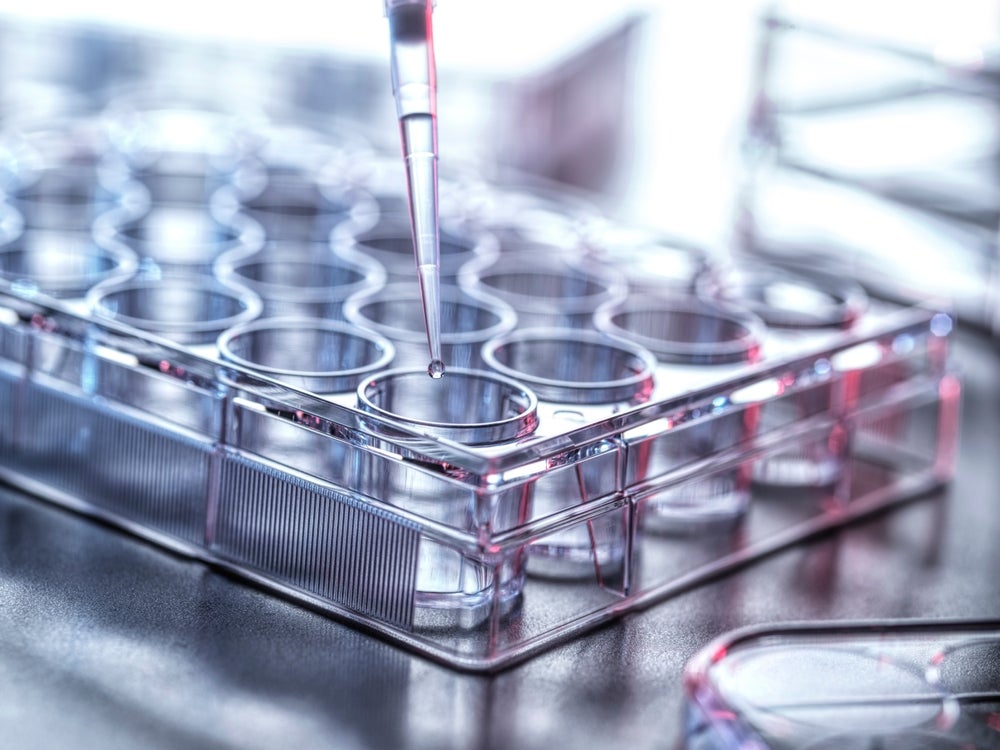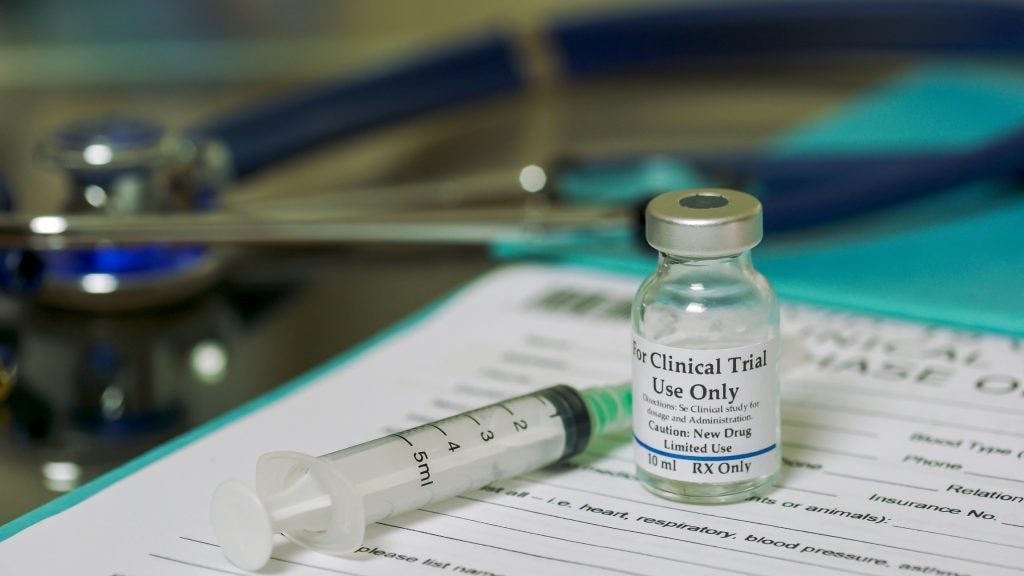
NewLink Genetics has reported updated results from a Phase l trial evaluating indoximod plus front-line radiation and maintenance chemotherapy in paediatric patients with newly diagnosed diffuse intrinsic pontine glioma (DIPG).
Indoximod is NewLink’s investigational, orally available small molecule that seeks to target the Indoleamine 2,3 dioxygenase (IDO) pathway.
The results are based on ten newly diagnosed DIPG patients, who started the therapy at the time of this assessment.
All the patients showed initial symptomatic improvement, with eight patients completing radiation and the remaining two continuing radiotherapy.
The results have also showed a subset of the patient cohort developed inflammatory and other adverse symptomology, a common occurrence found in the DIPG patient population.
Nine of the ten patients currently remain on trial, with the longest time on study of 8.5 months.
How well do you really know your competitors?
Access the most comprehensive Company Profiles on the market, powered by GlobalData. Save hours of research. Gain competitive edge.

Thank you!
Your download email will arrive shortly
Not ready to buy yet? Download a free sample
We are confident about the unique quality of our Company Profiles. However, we want you to make the most beneficial decision for your business, so we offer a free sample that you can download by submitting the below form
By GlobalDataThe trial lead investigator Dr Theodore Johnson said: “The data continues to demonstrate the potential for indoximod plus radiochemotherapy as a combination treatment regimen which may improve disease-related symptoms for these paediatric patients with an otherwise dire prognosis.”
The ten DIPG patient cohort is a subset of the NLG2105 study, a Phase l trial investigating indoximod in combination with radiation and chemotherapy for paediatric patients with malignant brain tumours.
The cohort, which is an expansion from an initial pilot study based on early safety and efficacy data, is currently enrolling patients. It aims to include 30 DIPG patients.
DIPG is a rare, aggressive brain tumour found in the brain stem that almost exclusively affects children.
Around 200 to 400 children aged between four and 11 years are estimated to be diagnosed with DIPG in the US annually.







